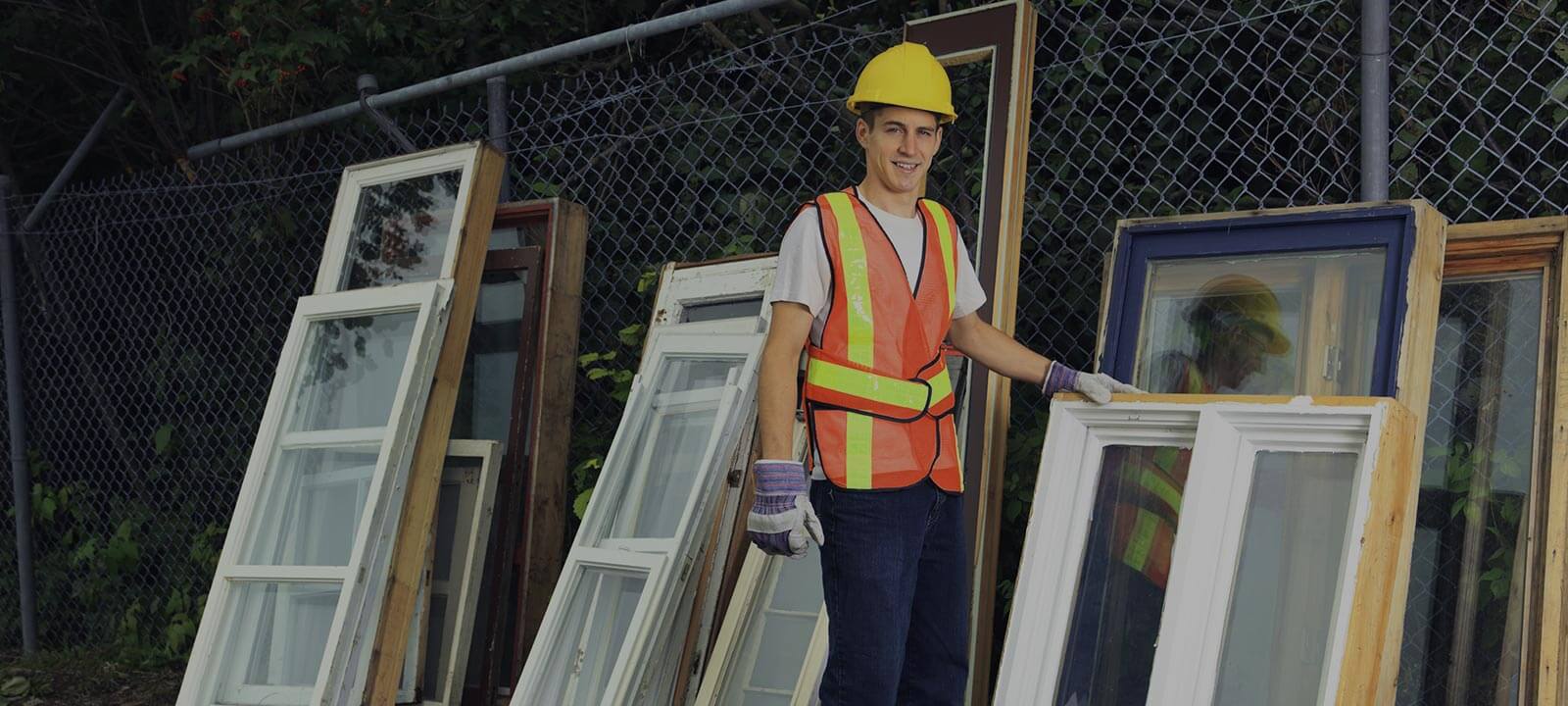Green Your Home: Simple Waste Reduction Tips
Posted on 14/11/2024
With the environmental crisis becoming more alarming with each passing decade, it is imperative to take actionable steps to reduce our individual carbon footprints. One of the easiest and most effective ways to do this is by adopting waste reduction practices at home. Implementing these strategies not only aids in environmental conservation but also brings financial benefits and improves the general well-being of your household. This guide will provide comprehensive waste reduction tips to help you green your home.
Understand Your Waste
Before diving into waste reduction tactics, it's essential to understand what types of waste your household generates the most. Conduct an audit to segregate waste into categories like organic, recyclable, non-recyclable, and electronic waste. By understanding your waste, you can tailor specific strategies to reduce each type effectively.

Reduce Food Waste
Food waste is a global issue, with millions of tons thrown away every year. Here are a few tips to minimize food waste:
- Plan Meals: Create a weekly meal plan and shopping list to ensure you buy only what you need.
- Organize Your Fridge: Keep older items at the front so they are used first.
- Compost: Turn food scraps into nutrient-rich compost for your garden.
Switch to Reusable Items
Single-use items contribute significantly to waste. Transitioning to reusable alternatives can dramatically decrease your waste output:
- Cloth Shopping Bags: Replace plastic bags with reusable cloth versions.
- Reusable Water Bottles: Cut down on plastic waste by using metal or glass water bottles.
- Beeswax Wraps: Switch from plastic wraps to reusable beeswax wraps for food storage.
Recycle Correctly
Recycling is a critical part of waste reduction, but it needs to be done correctly to be effective:
- Understand Local Guidelines: Ensure you're familiar with what can and cannot be recycled in your area.
- Clean Recyclables: Make sure items are clean before putting them in the recycling bin to avoid contamination.
- Electronic Waste: Dispose of e-waste safely by taking it to specialized recycling centers.
Minimize Packaging Waste
Packaging is a considerable contributor to household waste. Here's how to tackle it:
- Buy in Bulk: Reduce packaging by purchasing items in bulk whenever possible.
- Choose Refills: Opt for products that offer refills rather than buying new ones each time.
- Support Sustainable Brands: Look for companies that use minimal or eco-friendly packaging.
Energy and Water Conservation
Reducing waste isn't just about materials; conserving energy and water plays a vital role too:
- Install Energy-Efficient Appliances: They use less energy and are better for the environment.
- Use Water Wisely: Simple steps like fixing leaks and using a dishwasher instead of hand-washing can save gallons of water.
Educate and Involve Your Household
Waste reduction is a team effort. Educate every member of your household about the importance and methods of reducing waste. Assign roles to make everyone accountable for different aspects of waste management, such as recycling, composting, and energy conservation. When everyone is involved, it becomes easier to maintain consistent and effective waste reduction practices.
Opt for Secondhand and Upcycle
One person's trash can indeed be another's treasure. Here's how to implement this:
- Thrift Shopping: Explore secondhand stores for clothing, furniture, and other household items.
- Upcycling Projects: Get creative and find ways to repurpose items instead of discarding them.
- Borrow/Rent Items: For items that are used infrequently, consider renting or borrowing instead of buying.
Use Eco-Friendly Cleaning Products
Many conventional cleaning products contain harmful chemicals that are detrimental to the environment. Opt for eco-friendly alternatives:
- Natural Ingredients: Use products made from natural ingredients like vinegar, baking soda, and essential oils.
- DIY Cleaners: Make your own cleaning solutions to control the ingredients and reduce packaging waste.
Community Initiatives
Being part of your local community can amplify your waste reduction efforts:
- Local Recycling Programs: Participate in or organize community recycling drives.
- Community Gardens: Work with neighbors to create composting sites and grow organic produce.
- Educational Workshops: Attend or host workshops on waste reduction, recycling, and sustainable living.

Track Your Progress
Keep a journal or use apps to track your waste reduction journey. Set goals and review them periodically. This helps you stay committed and see how far you've come, which can be very motivating.
Conclusion
Greening your home and cutting down on waste can seem like a daunting task, but by taking small, manageable steps, you can make a significant impact. Waste reduction is not just about discarding less but adopting a lifestyle that prioritizes sustainability and mindfulness. From recycling and composting to using energy-efficient appliances and opting for reusable products, each action counts. So, start today and contribute to a healthier planet, one small step at a time.










